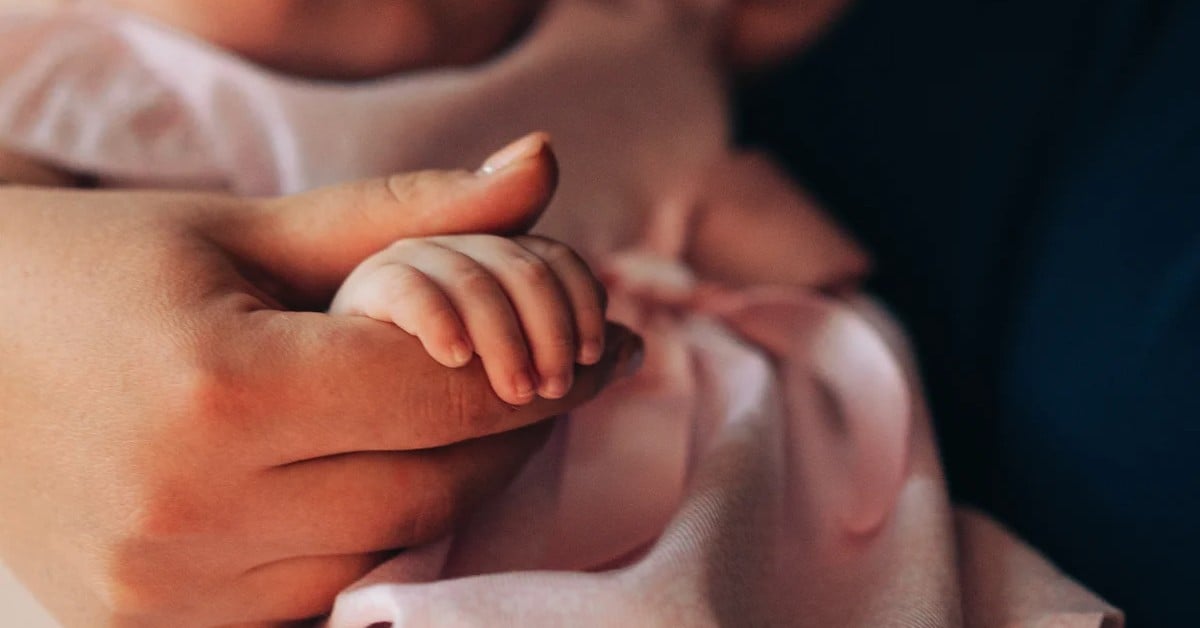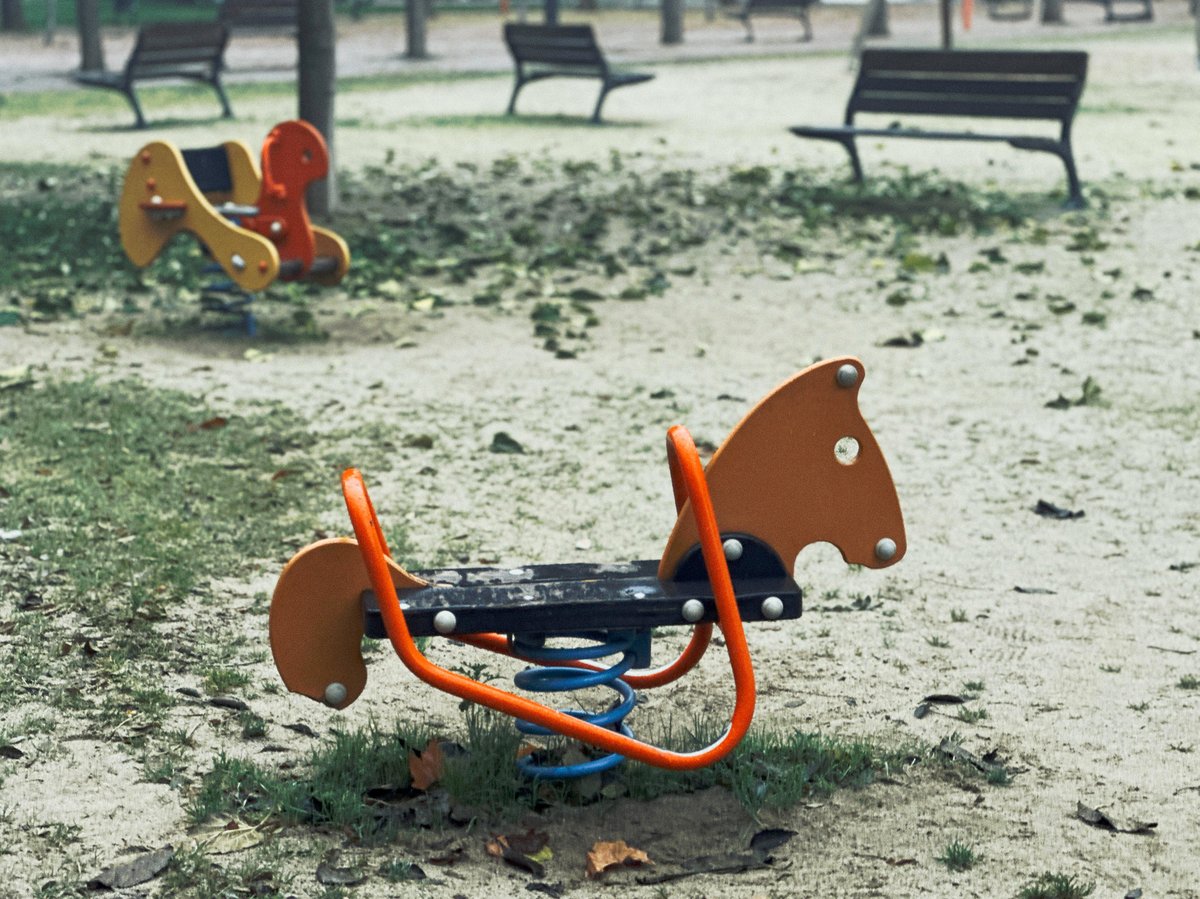
If you want to support independent women's media, become a Mamamia subscriber. Get an all-access pass to everything we make, including exclusive podcasts, articles, videos and our exercise app, MOVE.
"Crisis."
"Catastrophe."
Those are some of the words that have been bandied about in recent weeks, as Australia grapples with the news that its birth rate has hit record lows.
For all Australian women, the total fertility rate is sitting at 1.50 births per woman — with a total of 286,998 births registered in 2023, according to the Bureau of Statistics. This is below the 2.1 replacement rate needed to sustain our workplace and population growth.
Debate is now raging about how Australia can stem the decline, which mirrors a global trend, as the global fertility rate has been declining for decades.
We need to talk about the elephant in the room. While some headlines may declare this a crisis. For many women, this is not a crisis. This is a choice.
LISTEN: Australia isn't having enough babies but why is it women who are the only ones being scolded about it? Post continues below.
It's an emotional, nuanced one that women are weighing up with extreme delicacy.
Full transparency, I'm currently 36 years old in a long-term committed relationship and, as my doctors gently try and remind me, (and parents not quite as gently), my "biological clock" is ticking.





























































































